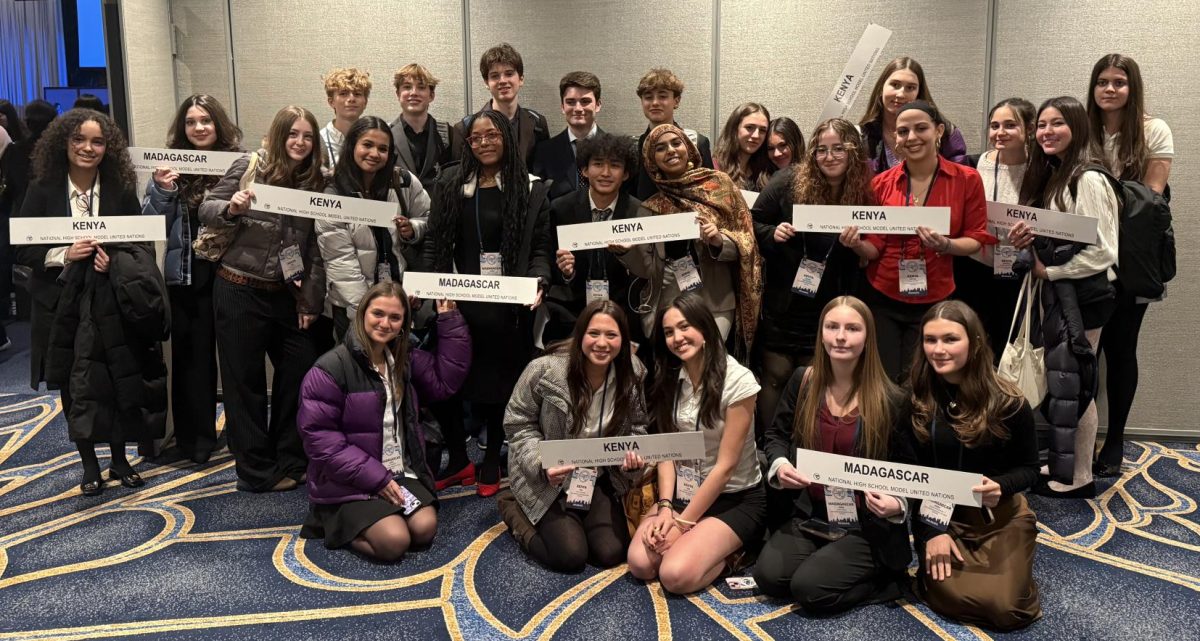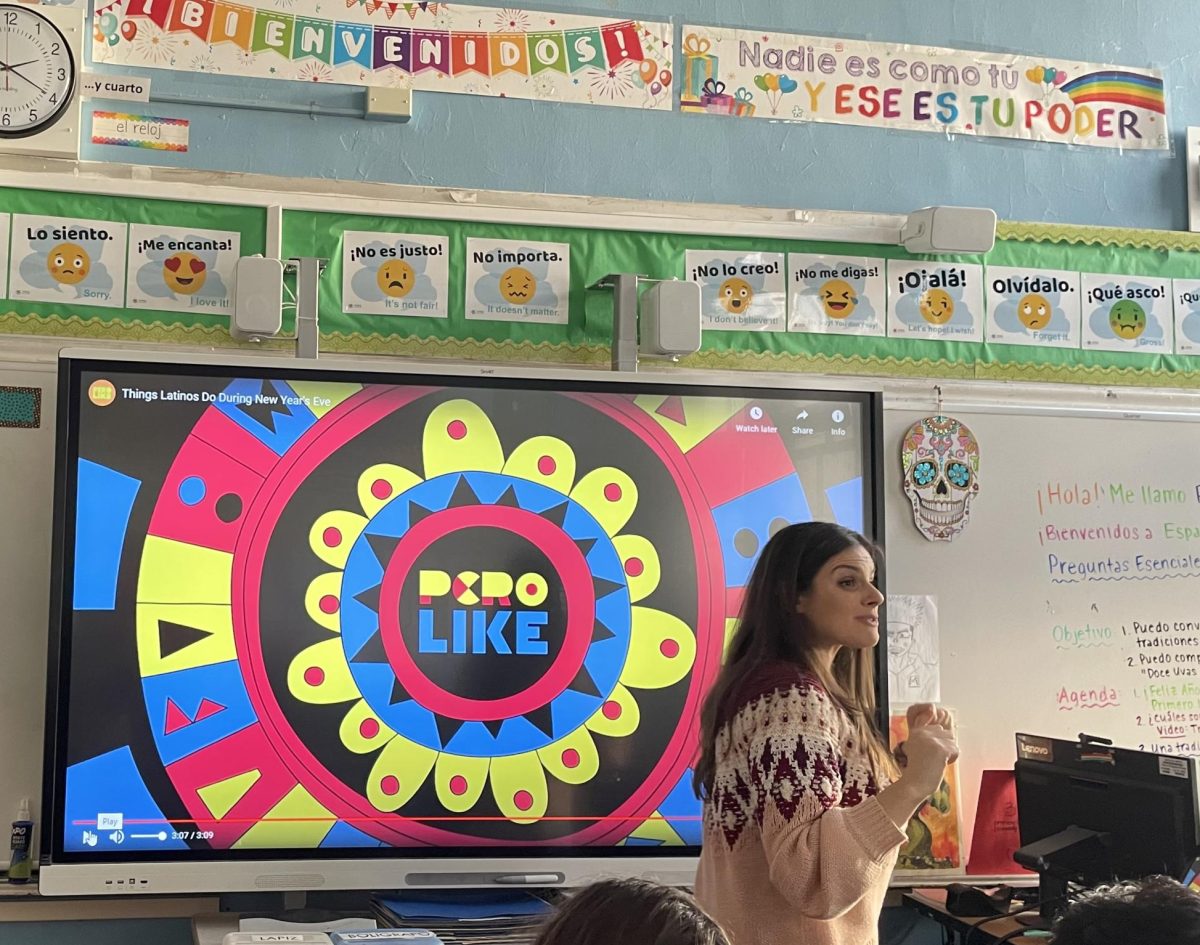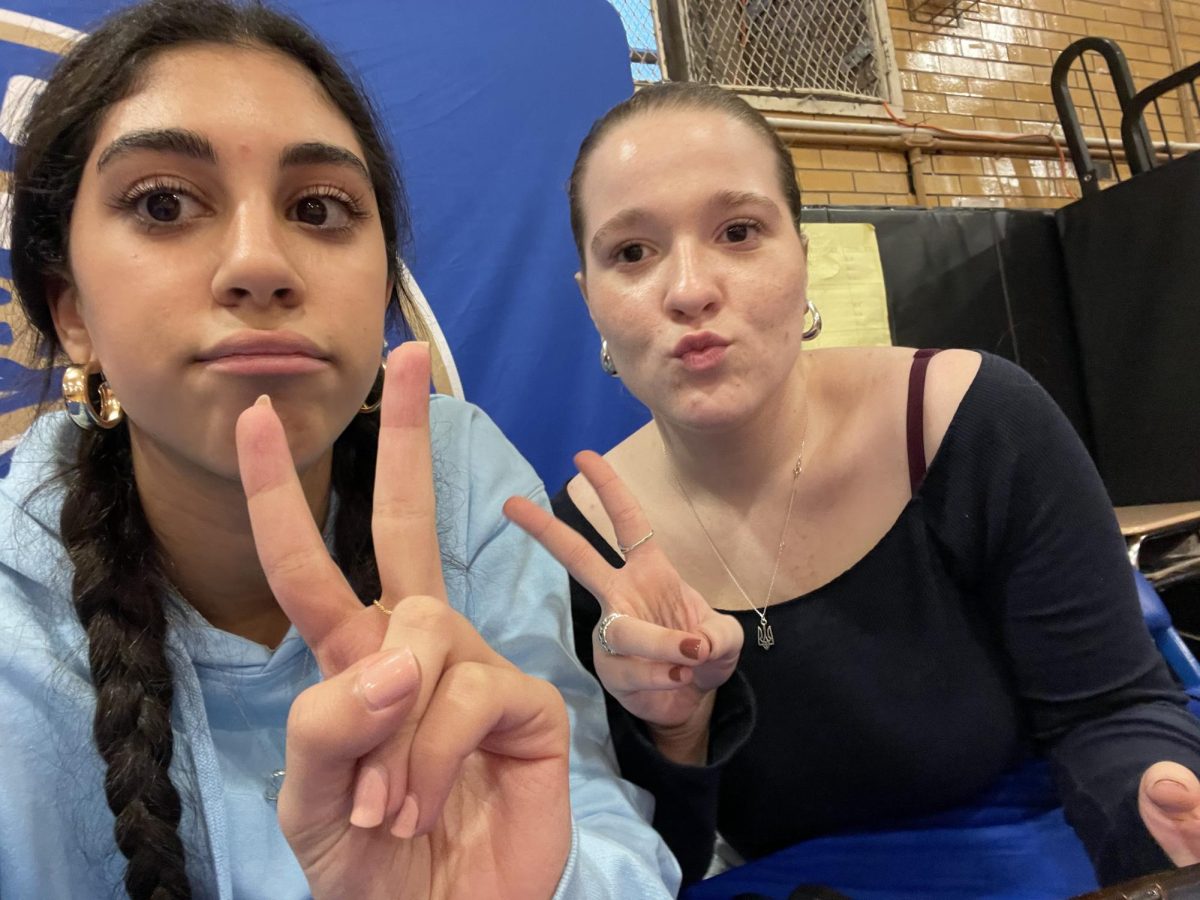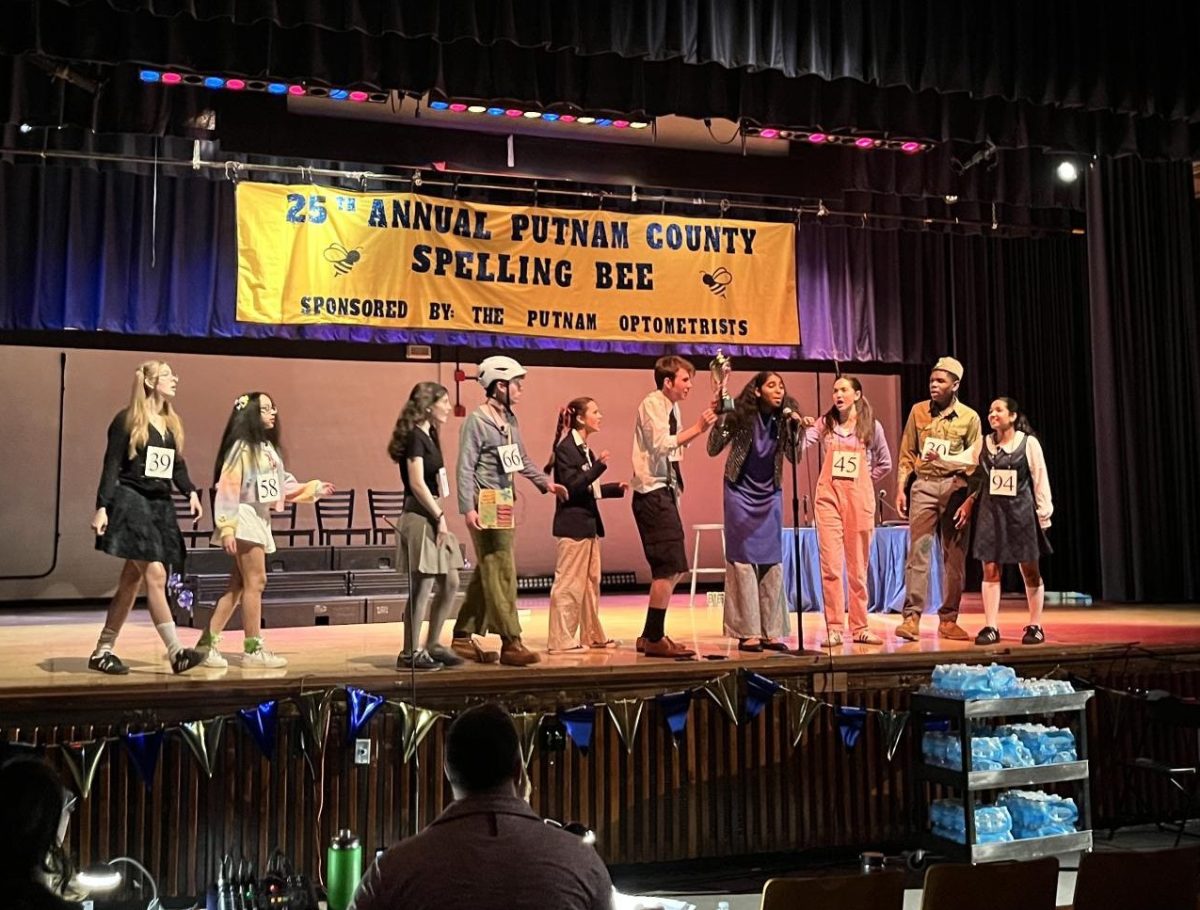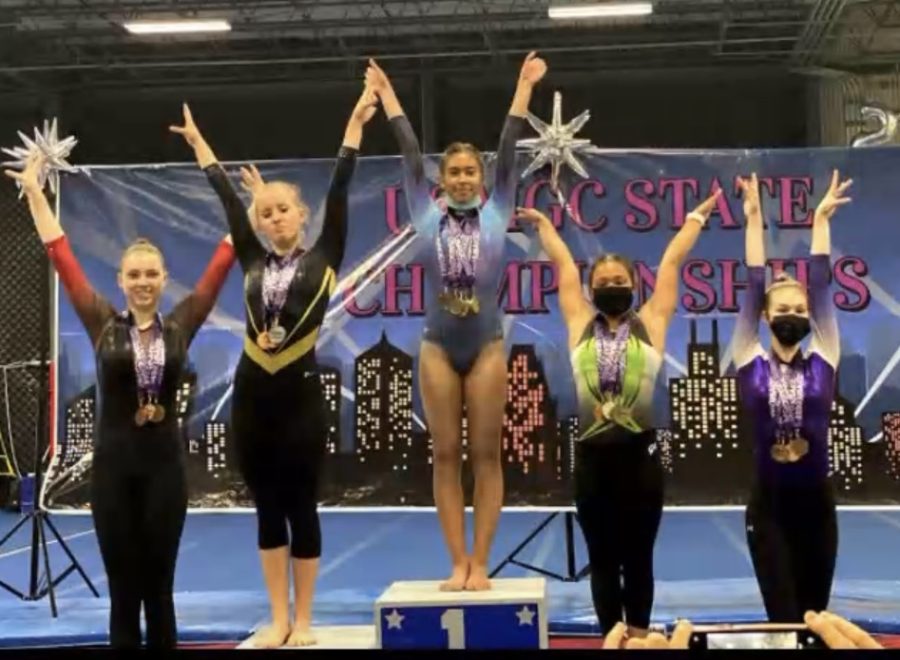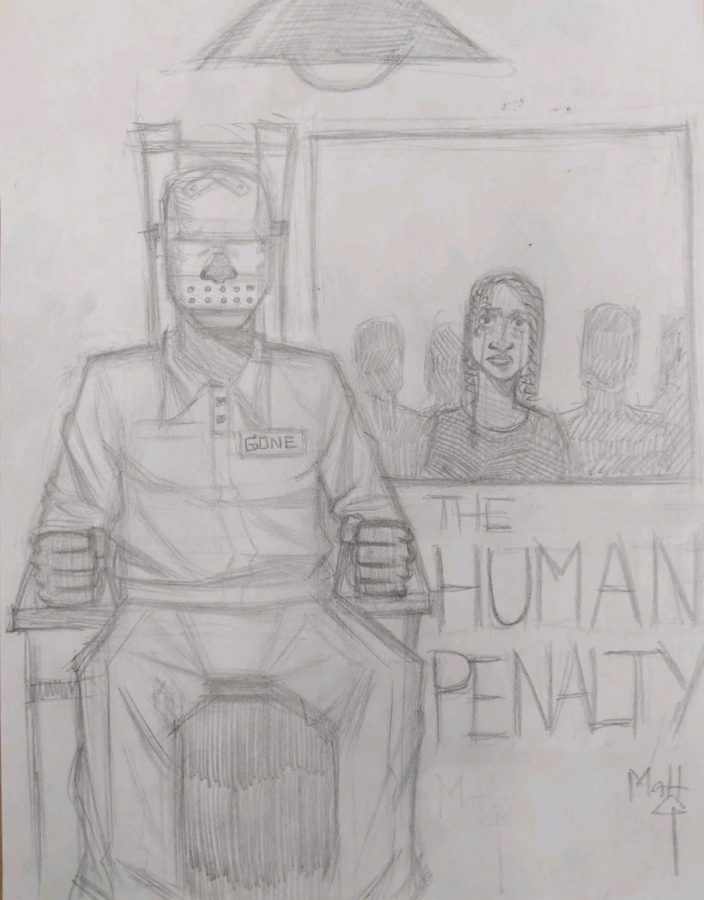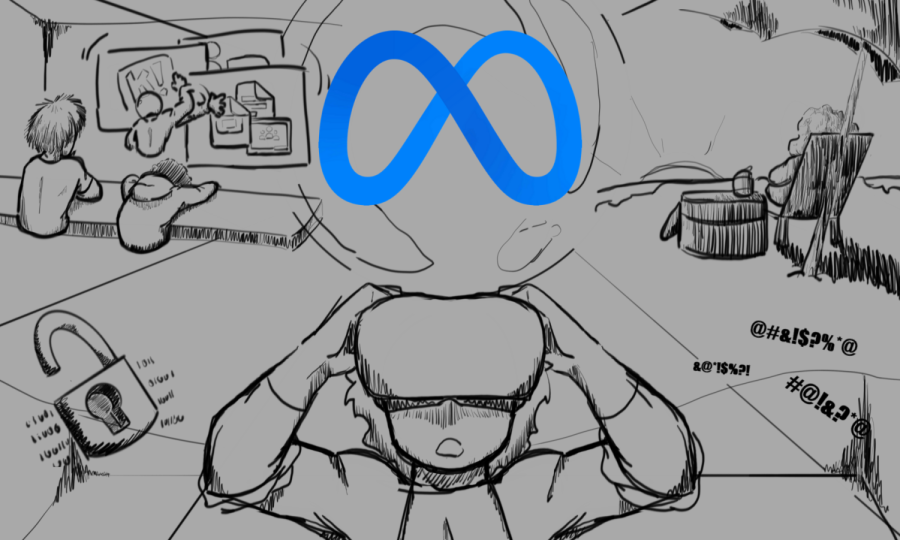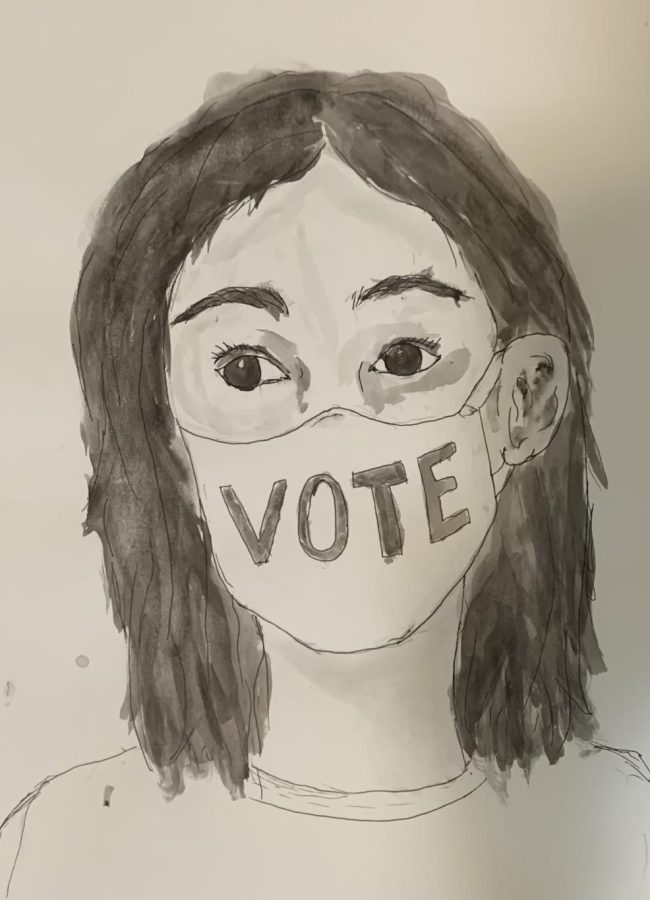Voter Suppression: The Political Battle That Has Yet to Be Won
February 22, 0202
The world of politics seems like utter chaos lately. One of the drawbacks of being a 16-year-old is that I cannot yet vote or participate in our democracy in what feels like a meaningful way. So it is important to me that American citizens over 18 have equal opportunity to vote and express their views. While I cannot vote yet, I will eventually have easy access to that right. This is not currently the case for everyone in our country.
Voting is one of our most basic rights as Americans, but it has not always been made easily accessible to everyone. As Nicquel Terry Ellis documented in her expose of voting rights violations in USA Today, a few days before the 2020 election a man walked into his local polling site to cast his vote and was turned away because the shirt he was wearing read “Black Lives Matter.” In Los Angeles, polling boxes were set on fire. People–elected officials, even–go out of their way to keep others from voting, and their tactics work. And while these examples are individual, systemic and government-supported voter suppression is perhaps more common and more damaging to our democracy. The right to vote has been promised to us by the Constitution and reams of subsequent legislation, but in actuality, voter suppression is on the rise, and more and more people are being denied the right to vote. We must work together and do everything in our power to stop this trend and avoid sliding into an undemocratic system of governance.
Not everyone has been guaranteed the right to vote from the start. When the founding fathers inscribed the Constitution and the Bill of Rights, they only truly ensured that white men who owned land could vote. This was the law of the land for nearly a century. It wasn’t until 1870 that the Fifteenth amendment decreed that black men had the right to cast their ballots. But women were still excluded from participating in our democracy, and wouldn’t be able to vote until 1920 when the 19th amendment enshrined their right to vote. And while black men and women technically could vote, Jim Crow laws effectively prohibited them from doing so. Bogus literacy tests and poll taxes were created as obstacles that would silence the black vote. It was not until 1965 that the Civil Rights Act outlawed these prohibitions. However, voter suppression has taken on new forms throughout the 21st century, as state governments have subverted the Constitution to suppress the votes of Black and Latinx people. After the Voting Rights Act was gutted by the Supreme Court in 2013, the floodgates opened on voter suppression tactics like voter ID requirements and the disenfranchisement of the formerly incarcerated.
Voter suppression always seems to come back to systemic racism. All of the laws that revolve around voting and who is allowed to vote were created to keep people of color from voting, whether overtly or not. Once everyone was theoretically endowed with the right to vote, politicians and state legislatures got crafty, devising new voter suppression techniques to ensure power would be retained by the minority. An article from MSN news states that strict voter ID laws are in place in Kansas, Indiana, Mississippi, Tennessee, and Georgia, and some form of ID is required to cast a ballot in 34 states. According to the American Bar association, Black and Latinx voters are less likely to carry the required ID than white people, likely due to the systemic wage gap between white people and people of color. According to the ACLU, the cost of obtaining a photo ID required for voting can run up to $175. Not everyone can spare that much money, so these laws can put low income voters at a disadvantage. A 2017 survey by The Washington Post shows that Hispanic voter turnout was 7.1% lower in general elections in states that had strict voter ID laws. Overall, states with voter ID laws show lower turnout among people of color than states without these restrictive laws. These laws are prohibitive and should be repealed. As these laws disproportionately affect people of color and low income voters, we need to demand to dismantle all photo ID laws, to make voting accessible to all people. Everyone deserves the right to vote, regardless of how much money they have or the color of their skin.
Another weapon in the political toolbox of those looking to suppress the vote is Gerrymandering, which Republicans often use to maintain majorities at the state level. State legislatures often alter voting district lines in order to benefit one party over the other. Gerrymandering allows the party in power to choose the geographical borders that favor its voting outcomes by assigning districts based on particular populations and demographics. Politicians often redistrict so that votes in primarily black neighborhoods are counterbalanced by nearby white neighborhoods, so that the voices of those living in the former will have less weight and representation than those in the latter.
In 2019, the Supreme Court ruled on a case where Democrats claimed that Republicans in Michigan redrew three dozen congressional districts in a way that benefited the Republican Party. Democrats were protesting district lines that were drawn in ways that packed Democratic voters into certain districts and diluted the Democratic votes in other districts. The Supreme Court ruled to keep the district lines as is, splitting 5-4, claiming it was not the job of the Court to decide on how to demark voting districts.. That same year, in a seemingly contradictory decision, the Supreme Court stopped the Republican-led Virginian house of delegates from changing several district maps in Virginia, recommending a more mathematically-informed objective approach to redistricting. However, the ruling did not outlaw gerrymandering altogether. The Supreme Court refuses to accept the truth that gerrymandering is unconstitutional. This pernicious strategy allows politicians to pick their voters, essentially cheating their way into office. This goes against what our democracy stands for, and should be ruled as oppositional to our founding principles, once and for all.
Felony disenfranchisement is another systemic form of voter suppression. According to The Sentencing Project, as of 2020, 5.17 million people are denied the right to vote disenfranchised due to prior felony charges on their records. The laws upholding this policy disproportionately affect people of color. According to the Pew Research Center, despite making up only 12% of the national population, Black people make up 33% of the prison population, a result of historical inequities. This means black people are more likely to be robbed of their right to vote due to a record of incarceration. This again undermines their ability to participate in our democracy. In 2018 Florida passed a constitutional amendment, giving ex-felons the right to vote, however many of these ex-felons could not vote in the 2020 election, due to fees they were forced to pay for their right to vote to be reinstated. On top of this, many of these people were unaware that they now could vote due to the lack of awareness around this new development. In order to fix this problem, we must ensure that all the formerly incarcerated can exercise the right to vote. Committing a crime does not make you less of an American citizen, and should not mean you no longer get a say in the way our country is run. Disenfranchising those now released from their bonds is a strategy to keep people of color from voting, therefore it should not be allowed to continue.
Voting in 2020 was different than any other year. As we know, Joe Biden has been elected the 46th president of the United States, but this feat was not accomplished without struggle on the part of Democratic activists. Voter suppression has only been increasing and intensifying since the Supreme Court invalidated protections embedded in the Voting Rights Act in 2013. Luckily, we have people like Stacey Abrams to thank for fighting back. Abrams, who narrowly lost the gubernatorial race in Georgia in 2018, started the New Georgia Project and helped register 800,000 voters in her home state. 2020 had the highest voter turnout in years, despite attempts to suppress votes and the counting of votes through intimidation tactics and state officials decreasing the number of polling sites in minority-dominant counties. For example, in 2018, Georgia Governor Brian Kemp–then secretary of state in charge of elections–had closed so many polling sites that largely black counties in the state, which were often geographically disparate, had only one voting location. Turnout was high also in spite of attempts to suppress mail-in votes by USPS head Louis DeJoy, who cut overtime for his workers and removed sorting machines from post office locations weeks before the election. But after public outcry, he reversed course on these policies–showing the power of the people to claim what is rightfully theirs.
The right to vote is one of the most essential rights we are endowed with in America, and voter suppression endangers our ability to exercise this right. We all deserve an equal say in the government and a voice in determining who our leaders are, so we must work to dismantle the racist voter suppression systems, and replace them with supportive programs that educate voters and ensure they make it to the polls. I can’t vote yet, so I know what it’s like to feel like I don’t have a say in the government. But we need to fight so that by the time I can vote, every American adult will be guaranteed that same access, so that everyone can be equally represented.
